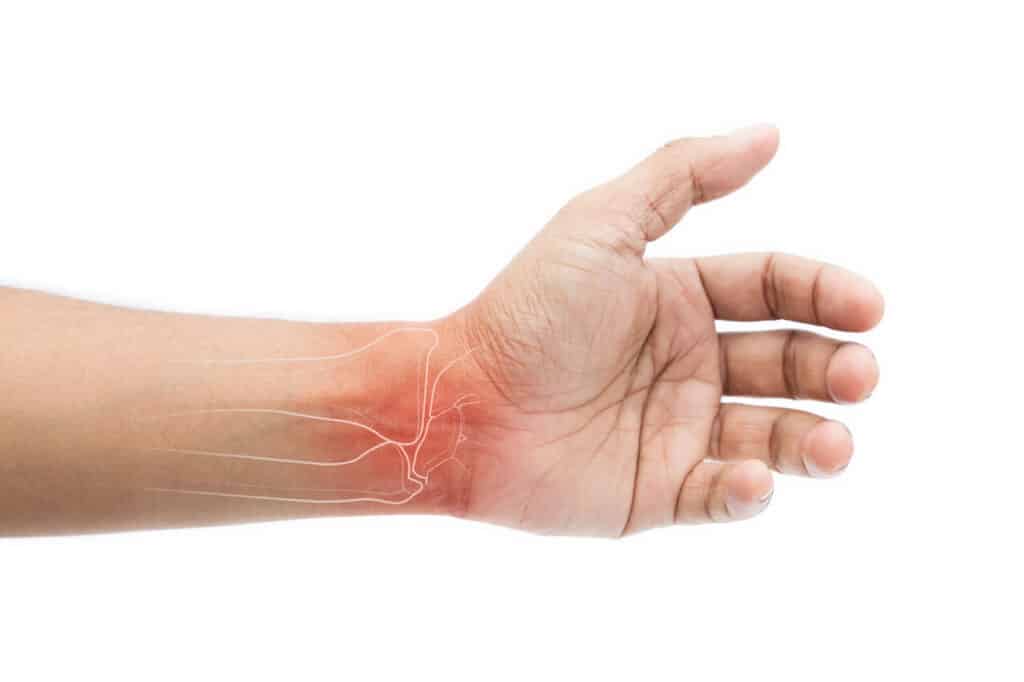
Experiencing discomfort, numbness, or tingling in your wrist, hand, and fingers can be alarming and affect your daily life significantly. Carpal Tunnel Syndrome (CTS) is often behind these symptoms, posing a challenge due to its impact on simple activities and overall well-being. This detailed guide explores the underlying causes of Carpal Tunnel Syndrome and highlights the role of physiotherapy in offering effective relief.
Understanding the Causes of Carpal Tunnel Syndrome
Carpal Tunnel Syndrome occurs when the median nerve, which runs from your forearm into the palm of your hand, becomes pressed or squeezed at the wrist. Factors contributing to this condition include the anatomical structure of your wrist, repetitive hand use, and certain health issues. Recognizing these causes is essential in managing and ultimately overcoming the condition.
The Impact of Physiotherapy on Carpal Tunnel Treatment
Physiotherapy emerges as a standout non-surgical method for alleviating the symptoms of Carpal Tunnel Syndrome. Through a blend of wrist exercises, joint mobilization, and tailored rehabilitation plans, physiotherapists aim to lessen discomfort and boost wrist function. The use of wrist braces or splints may also be recommended to support the affected areas, promoting recovery.
Strengthening and Stretching Exercises
Incorporating specific wrist exercises into your routine is crucial. These exercises are designed to strengthen the muscles around the wrist, alleviate pressure on the median nerve, and enhance flexibility, playing a key role in both managing current symptoms and preventing future complications.
Massage Techniques for Carpal Tunnel
While massage can offer temporary relief, it’s important to proceed with caution to avoid exacerbating the condition. Opting for massage techniques that enhance wrist flexibility and reduce tension can be beneficial. Personalized advice from a physiotherapist is invaluable in safely integrating massage into your care plan.
Activities to Avoid
Recognizing and modifying activities that involve repetitive wrist movements or maintaining the wrist in the same position for long periods is vital in managing Carpal Tunnel Syndrome effectively. Such activities often include typing, using a computer mouse, or any repetitive hand and wrist motions.
Duration and Consistency in Physiotherapy
The length of a physiotherapy program for Carpal Tunnel Syndrome varies, generally spanning several weeks to a few months, depending on the individual’s situation and symptom severity. Adhering to the therapist’s recommendations and consistently performing prescribed exercises are key to achieving and maintaining optimal results.
The Role of Heat Therapy
Applying heat can help relax muscles, improve blood circulation, and reduce pain associated with Carpal Tunnel Syndrome. Consulting with a healthcare professional is crucial to determine the appropriateness and application of heat therapy as part of a comprehensive treatment plan.
Take Action Against Carpal Tunnel Syndrome
Gaining an understanding of Carpal Tunnel Syndrome and the available treatment options marks the beginning of the journey toward relief. At Body Works Physiotherapy, we specialize in treating musculoskeletal issues resulting from repetitive strain injuries, including Carpal Tunnel Syndrome. Our dedicated team is committed to delivering personalized, effective physiotherapy solutions aimed at alleviating pain, enhancing functionality, and preventing re-injury.
If you’re battling symptoms of Carpal Tunnel Syndrome, it’s crucial not to delay seeking help. Contact us today to book an appointment. Together, we can take the first step towards a healthier, more comfortable you.



